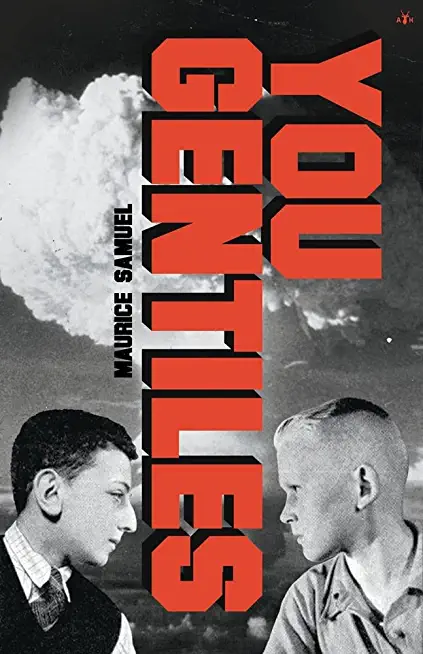
description
t the varying crises facing humanity? Twenty years ago. But the next best time? Now? In line with other considerations of what we have come to call the Anthropocene, in Panic Now? Tools for Humanizing, Ira J. Allen takes the reader on a journey through difficult feelings about the various crises facing humanity, and from there, to new ways of facing impending dread with a sense of empowerment. The interrelated threats of climate collapse, an artificial intelligence revolution, a sixth mass extinction, a novel chemical crisis, and more are all brought to us by what Allen describes as "CaCaCo," the carbon-capitalism-colonialism assemblage. After suggesting that it is absolutely time to panic, he asks: how do we manage to panic productively? Admitting there is no one script for everyone to follow, the author traces how we might adopt attitudes and practices that allow us to move through this liminal space between fear and action collectively. This book is a master class in how to create better, more humanizing outcomes by confronting the panic that goes along with the realization that the world as we know it is ending. Rather than remaining mentally, emotionally, imaginatively, and practically stuck in this historical condition, Allen invites us to a very particular, action-oriented mode of panic, which can indeed incite our imaginations to move from panic to empowerment.
member goods
No member items were found under this heading.
Return Policy
All sales are final
Shipping
No special shipping considerations available.
Shipping fees determined at checkout.







